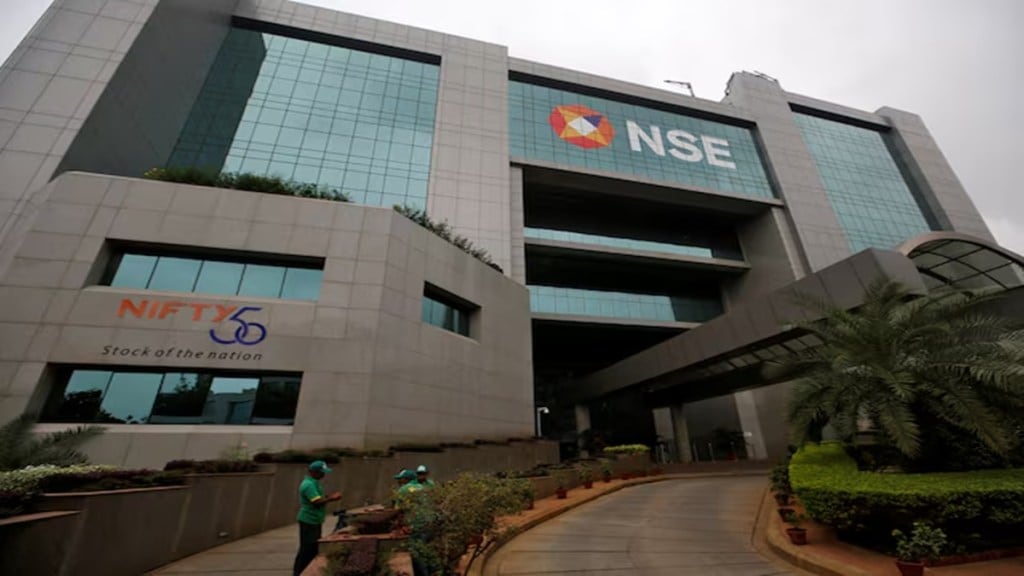The National Stock Exchange’s plan to relaunch futures contracts on India VIX is seen as a step in catching up to developed markets like the US. However, market participants believe that the product may not garner much attraction given as they questioned the viability of the index.
NSE’s diversification
Answering a question on the exchange’s diversification plans in the derivatives space given the pressure in equity, CBDO Sriram Krishnan said, “We keep gathering feedback from time to time…one feedback that has come in is to consider launching VIX futures, something that we may consider at a suitable point in time.”
“If it is launched, VIX futures can be an interesting derivatives product. It can help traders as a hedging opportunity against sudden changes in market volatility,” Prakarsh Gagdani, CEO, Torus Digital and former CEO of 5Paisa.
The contract used to trade in India markets until 2018 before it was discontinued. A technical analyst at a large brokerage house said the volumes were very less then given that our volatility index isn’t inversely related with the benchmarks.
Data shows that while Chicago Board Options Exchange’s volatility index has seen spikes when the US benchmarks fall but India VIX has traded only in a small range despite event-related market movements.
POV’s
Deepak Jasani, independent equity research analyst, said except on the budget day, India VIX only moves in a small range. He said that this is because option pricing is very fine compared to a lot of countries. “Unless the underlying shows volatility, it is like tail wagging the dog,” he said.
A blog by Capitalmind had noted various challenges for the failure of the product. One key reason was that VIX started off with a higher contract size compared to Equity / Index derivatives. “A high contract size also means a higher level of margin which is a factor that can dissuade many speculators,” it said.
It had also cited weekly expiry as one of the reasons. It said: “One key goal for a buyer / seller of volatility is to hedge his exposure but with just 3 weeks of expirations available at any point of time, this is too close a time to hedge much. The closer the expiry date, the more is the impact of Time (Theta) than impact of Volatility (Vega). The decay in time value, or Theta decay, will impact prices of options much more than an impact of changing volatility (Vega). CBOE on the other hand has the ability to introduce multiple contracts with longer time frames, and therefore gets more interest.”
